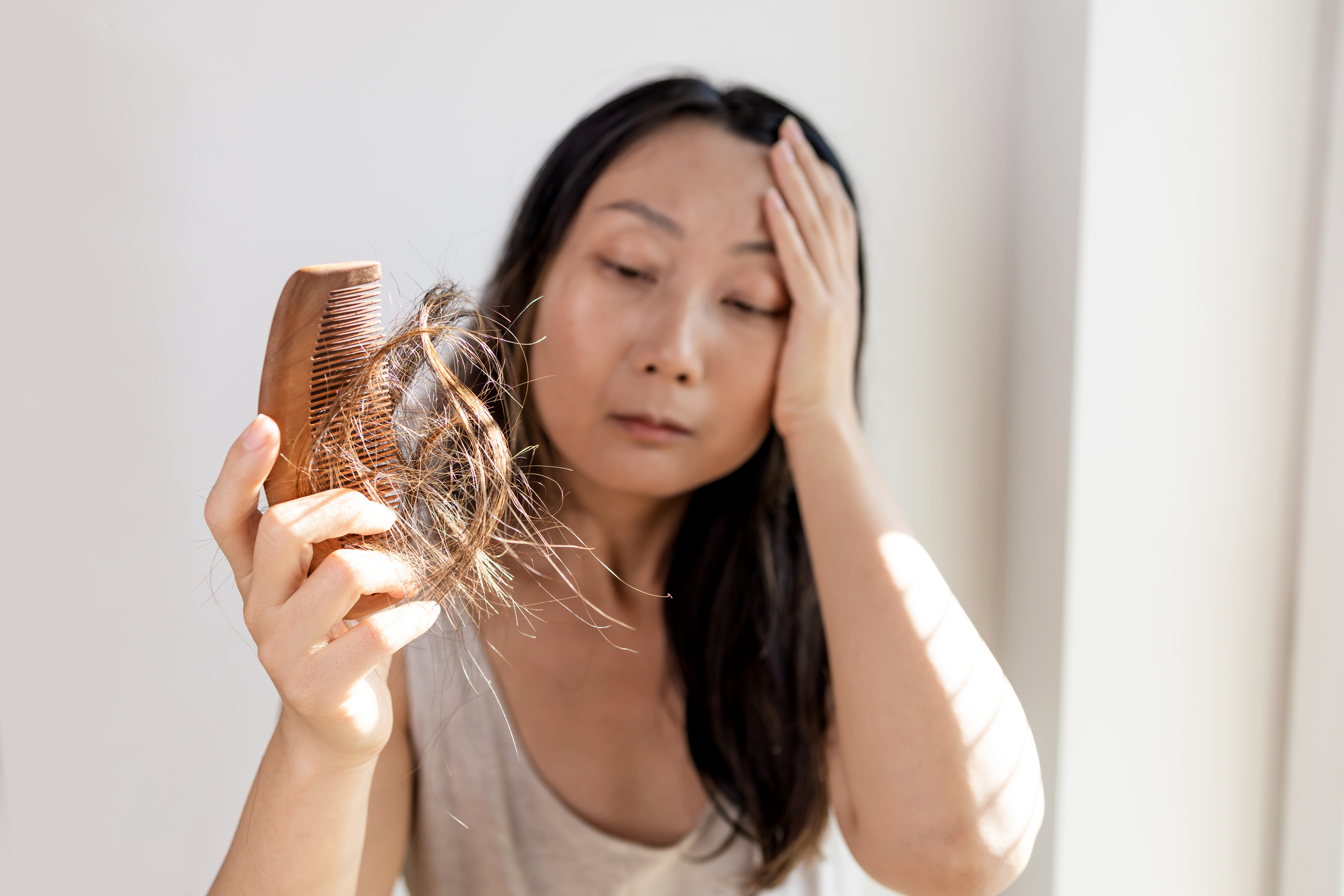Early Warning Signs of Hormone Imbalance in Women Over 40
5. Skin Changes: The Complexion's Clues

The skin is often referred to as a mirror of internal health, and hormonal imbalances can manifest as changes in the complexion. Women over forty may notice that their skin becomes drier, more sensitive, or prone to acne. These changes are often linked to fluctuations in estrogen and androgen levels. Estrogen plays a crucial role in maintaining skin elasticity and moisture, while androgens, such as testosterone, can contribute to oil production and acne. As estrogen levels decline, the skin may lose its youthful glow, becoming drier and more prone to wrinkles. Understanding the impact of hormones on skin health is essential for maintaining a radiant complexion. A consistent skincare routine that includes gentle cleansing, moisturizing, and sun protection can help support skin health. Additionally, certain dietary supplements, such as omega-3 fatty acids and antioxidants, can promote healthy skin from the inside out. In some cases, dermatological treatments or hormone replacement therapy may be necessary to address specific skin concerns. By recognizing the connection between hormones and skin health, women can take proactive steps to maintain their complexion's vitality and radiance.
6. Hair Changes: The Tresses' Transformation

Hair changes are another subtle signal of hormonal imbalance that women over forty may experience. Thinning hair, increased shedding, or changes in texture can all be indicative of hormonal fluctuations. Estrogen and progesterone play significant roles in maintaining hair health, and as their levels decline, hair may become thinner or more brittle. Additionally, an imbalance in thyroid hormones can also contribute to hair changes, leading to increased shedding or changes in hair texture. Addressing hair changes requires a comprehensive approach that considers both internal and external factors. A balanced diet rich in vitamins and minerals, such as biotin, zinc, and iron, can help support hair health. Gentle hair care practices, such as avoiding excessive heat styling and using nourishing hair products, can also help maintain hair integrity. In some cases, medical interventions, such as hormone replacement therapy or thyroid medication, may be necessary to address underlying hormonal imbalances. By recognizing the connection between hormones and hair health, women can take proactive steps to maintain their tresses' vitality and luster.
